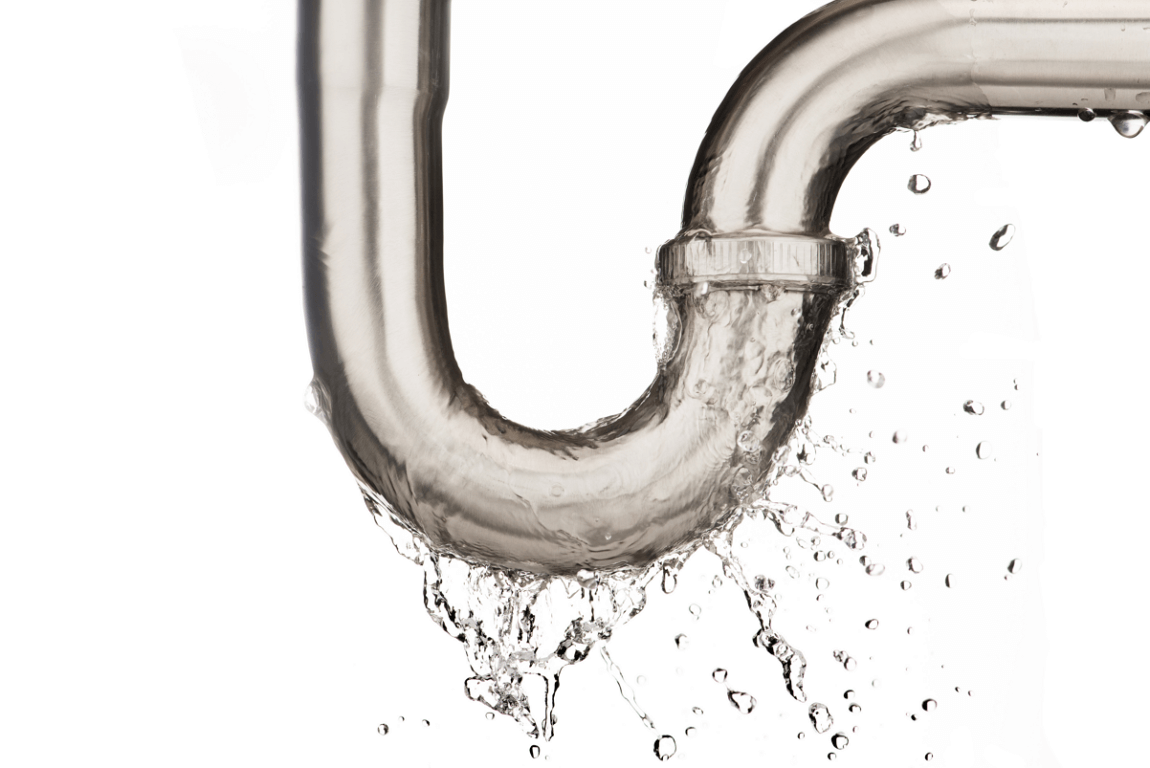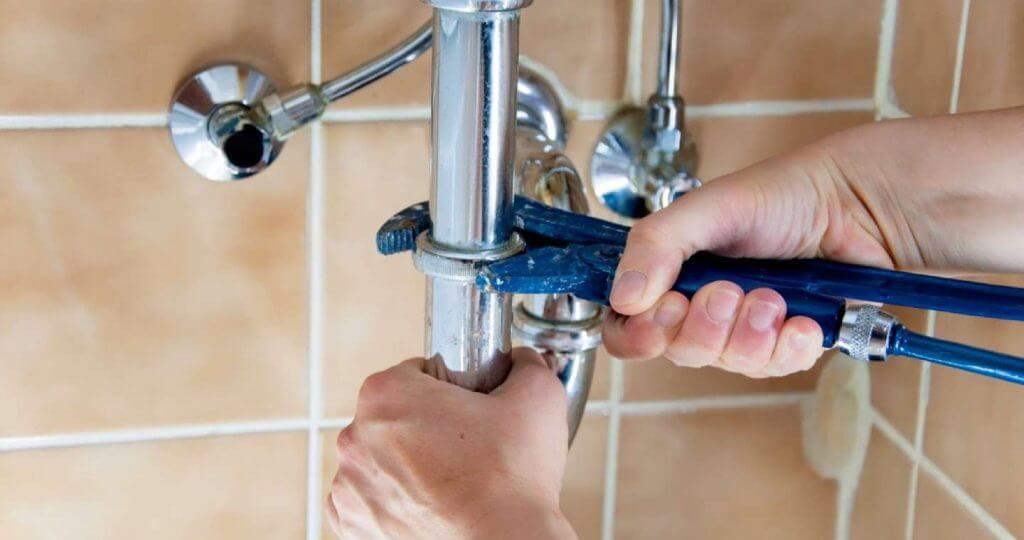5 Primary Causes of Water Leaks
5 Primary Causes of Water Leaks
Blog Article
How do you feel about How to Find and Prevent Water Leaks in Your Home?

"Be careful of little expenses. A tiny leak will sink a great ship." - Benjamin Franklin.
He couldn't have been more ideal since water leaks in our homes result in a waste of resources, boosting our water costs. This boost may appear negligible at first, it can lead to significant expenses that can damage your financial institution. Apart from a rise in expenses, water leakages likewise trigger unwanted organic development, architectural damages, and even electrical threats.
If you have a water leak isn't constantly easy due to being incapable to see most of the pipework in your home, figuring out. Nevertheless, If you have had a boost in your water expenses recently, noticed water stains on ceilings and walls, scented poor smell, etc. You might wish to think about requesting plumbing services to get it looked into.
There are several causes of water leaks, and we have assembled the usual reasons below. Check to see if you have actually had relevant issues in your house just recently.
Weakened pipeline joints
Pipeline joints are the components of our plumbing system where the pipelines connect. It is essential to keep in mind that even though pipelines are designed to stand up to stress as well as last for a while, they weren't created to last forever; as a result, they would degrade over time. A common indication of harmed pipeline joints is extreme sound from faucets.
High water stress
You saw your house water stress is greater than normal but after that, why should you care? It's out of your control.
It would be best if you cared since your typical water stress need to be 60 Psi (per square inch) as well as although your residence's plumbing system is developed to withstand 80 Psi. An increase in water stress can put a strain on your home pipes and bring about fractures, or even worse, burst pipes. If you ever notice that your house water pressure is greater than usual, get in touch with an expert concerning managing it.
Rust
As your pipework grows older, it gets weak and much more vulnerable to rust after the regular passage of water with them, which can eat away at pipelines and also cause fractures. A noticeable indicator of corrosion in your home plumbing system is discoloration and although this may be tough to identify as a result of the majority of pipelines hidden away. Once they are old to make sure a sound plumbing system, we encourage doing a frequent checkup every few years and also transform pipes
Blocked drains
Food particles, dust, and oil can create blocked drains pipes as well as obstruct the flow of water in and out of your sink. Boosted stress within the seamless gutters can create an overflow and also finish up fracturing or bursting pipelines if undealt with. To prevent blocked drains in your house, we suggest you to prevent putting bits down the drain and routine cleansing of sinks.
Damaged seals
An additional root cause of water leakages in homes is damaged seals of home devices that utilize water, e.g., a dishwashing machine. When such home appliances are mounted, seals are set up around water adapters for simple passage of water with the maker. A damaged seal can trigger leak of water when in use.
With little or no expertise of plumbing, understanding your house's plumbing system adequate to take care of several of these problems (without consequence) can be a hassle. Contact plumbing experts in Pittsburgh, Providence, Rochester, and also environ today, as well as they'll make those issues go away.
He couldn't have actually been more right because water leakages in our homes result in a waste of sources, enhancing our water bills. If you have had a boost in your water expenses lately, noticed water spots on walls as well as ceilings, scented poor smell, and so on. A boost in water pressure can put a pressure on your house pipes and lead to splits, or even worse, burst pipelines. One more reason of water leakages in homes is broken seals of house devices that make use of water, e.g., a dishwashing machine. When such appliances are mounted, seals are mounted around water ports for easy flow of water with the device.
5 TIPS IN DETECTING A WATER LEAK IN YOUR HOUSE
Water leaks can be hard to find in your home, yet they can be so common. We rely on water every day in our home, which is why a leak can cause big problems. By detecting them early, you can save money and further damage, getting the problem fixed as soon as possible. Here are 5 tips to help you detect a water leak in your home, so you can contact a plumber straight away and get the issue sorted.
Check your water meter
Many people underestimate the value of the water meter in their home. It can be one of the best ways to tell if you have a leak early on, so you can get on top of it before issues start arising. Start by turning off all the water in your home: taps, washing machine, dishwasher, etc. Now take a look at the meter – if it’s still changing with everything turned off, it’s likely you have a fast-flowing leak that you need to get on top of straight away. If nothing changes, then leave your meter for an hour or two and come back to it. Did it change in this time? It’s likely you have a slower leak, which isn’t as urgent but still handy to get fixed so it doesn’t become a bigger problem.
Keep an eye on your bill
Another good way to detect a leak in your home is by keeping an eye on your water bill. It helps if you have a past bill from the same period of time. You can compare like for like and determine whether your water usage has increased significantly. If it has, there may be a leak in your system that you haven’t picked up before. A professional plumber can check through all of your pipes and determine where it is coming from.
Look for damage
If you have a leak inside your home, you will notice damage over time. Take a look at your showers and bathtubs and note whether any of the tiles surrounding the area seem to be discoloured or damaged in any way. There may be water stains, mould or peeling material that has resulted from a build up of moisture over time. Make sure you take a look under sinks at the back of cupboards that don’t get accessed regularly. This is where damage can go unnoticed and build up over periods of time.

As a keen person who reads about Where to Find Water Leaks, I imagined sharing that short article was smart. Sharing is good. Helping others is fun. We appreciate reading our article about Where to Find Water Leaks.
24/7 emergency plumbing? Reach out. Report this page